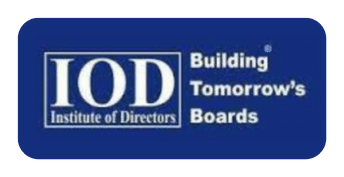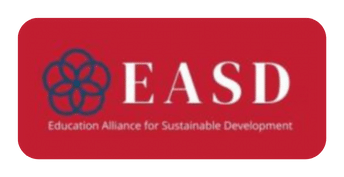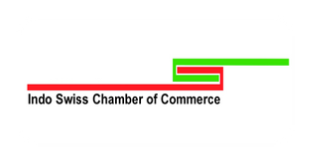SLX has launched Live Master Classes with deeper insights into sustainability, by industry experts. Enroll for the 45-minute session for free!

The certification course offers input from various experts from the industry. The course is validated globally with an industry-validated skills framework.

Do you want your job to be value-oriented? Or would you like your present job to shift focus towards meaning and value? Take this certification course and build what you are looking for!

The certification course will diversify your skillset. This will help you find better work opportunities in better companies!
The sessions will be delivered by world class faculty members with vast experience in the field of education and sustainability.
Our Certifications will help you integrate sustainable development processes and practices with ease into your deliverables & activities.
Our certification courses have comprehensive reference material on Sustainability, ESG, and many related topics.




Global hunger is on the rise and under-nutrition is still impacting millions of children. United Nation’s SDG Knowledge Platform estimated as of 2017
How can 96% of world’s biomass consistent of livestock and humans, and we are still failing to feed the world? Is it because we aren’t simply producing enough food or is our agricultural system broken? Johan Rockström, former executive director of the Stockholm Resilience Centre at Stockholm University, believes our agricultural system is broken and it is trapped in a vicious cycle. During Johan’s presentation at World Economic Forum’s conference in Davos 2020 (Feeding the Planet for the Future) he revealed that
“Food on its own is responsible for killing 11 million people pre-maturely because of malnourishment, obesity, diabetes, cardiovascular diseases. Our food system has a major impact on water usage & pollution, biodiversity, deforestation and climate. 25% of greenhouse gases come from agriculture”
Our unsustainable agricultural practices is causing climate change and climate change is resulting in food shortages. It is a vicious cycle. With our climate at a tipping point, we have 10 years to fix our food system, save the planet and prevent irreversible destruction.
Where do we start? The Planetary Emergency Plan, a report by the Club of Rome, states that we as consumers need to change our diet. We should eat more plant proteins and whole grain foods. We also ought to consume less animal proteins, sodium, sugar and starchy vegetables. This is what they call a flexitarian diet. To bring this dietary behavior change among consumers, Ramon Laguarta (CEO of PepsiCo) proposed an ingenious idea. Similar to how products have nutritional value at the back of its packaging, products should have a sustainability value. For example, products can display its carbon footprint. By communicating the relevance of food and how it interacts with climate change, consumers are more likely to make informed decisions.

The no meat sustainable low carbon buffet at tech4good session by SDC at Davos, Switzerland. Picture taken by Swiss Learning Exchange.
The report’s other major suggestion is to support local farmers. Local farmers are the most knowledgeable and vulnerable of our vicious agricultural system. To start off, we need to incorporate local farmers in global discussions on sustainable agriculture. There is a lot that we can learn from their local knowledge. However, before we start advocating these farmers to going green, we need to save them from going red. What I mean by this is financing our local farmers. A World Bank report reveals that 65% of poor working adults are in agriculture. There is enough public and private finance in the world to help our local farmers adopt sustainable agricultural practices.

Read: SLX Story on Akshay Patra – fighting hunger in India
By addressing our agricultural system, we can address many of UN’s sustainable development goals. However, this is not a simple task. We also do not have the luxury of time. If we are to succeed, it will have to be a collaborative effort. We, the consumers, the government institutions, the finance industry, private companies, global innovators and last but not the least, local farmers, all working together.